Posts

UCLA LPPI Stakeholders Reflect on Transition from ‘Initiative’ to Institute
"Latino Policy and Politics Institute Founding Executive…

UCLA LATINO POLICY AND POLITICS INSTITUTE ANNOUNCES INAUGURAL LATINO APPLIED POLICY RESEARCH AWARDS
By Jose Garcia, Policy Fellow at the UCLA Latino Policy and…
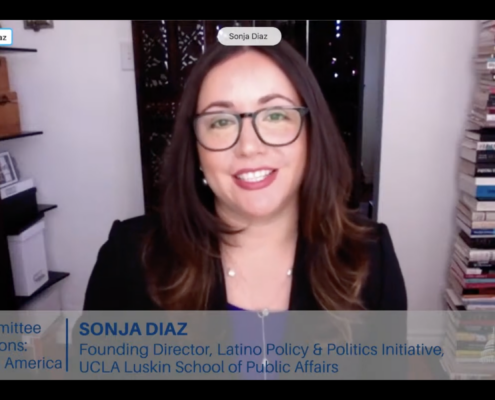
UCLA LPPI’s Voting Rights Project Helps Shape New Federal Voting Rights Legislation
Faculty and researchers from UCLA’s Latino Politics and Policy…
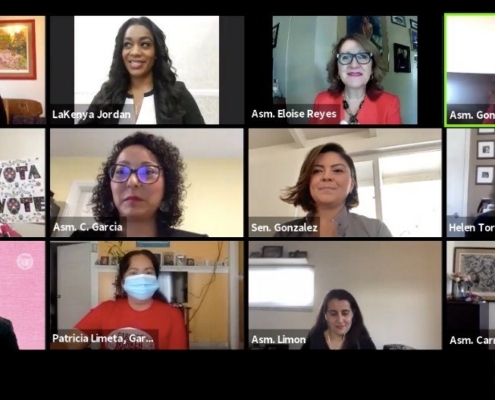
Latinas in California Remain Invisible in Policymaking: UCLA Alumni and Researchers are Looking to Change That
The UCLA Latino Policy and Politics Initiative has supported…
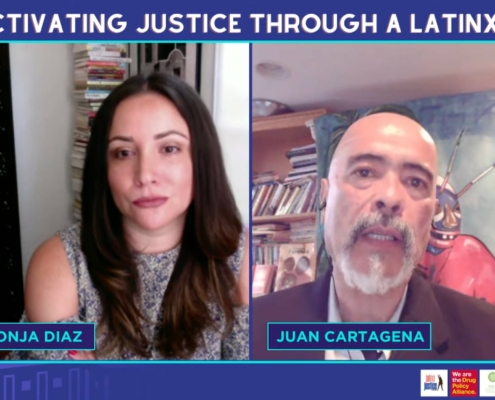
Activating Justice Through a Latinx Lens
What would our criminal legal system look like if it was…
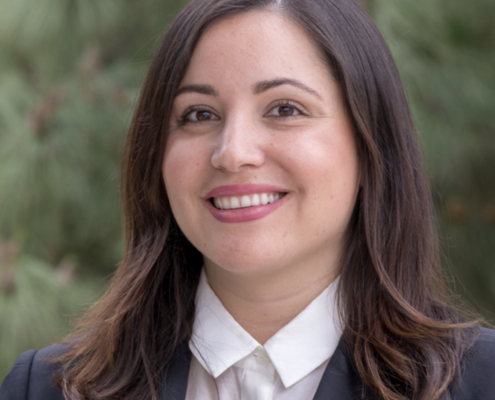
Sonja Diaz Testifies in U.S. House Hearing on Ensuring Free and Fair Access to the Ballot
Sonja Diaz, founding director of the UCLA Latino Policy and…
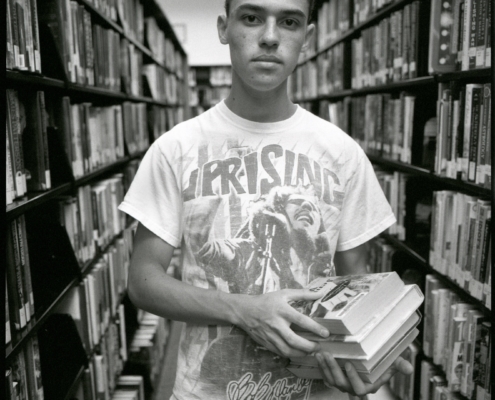
UCLA LPPI and Alianza for Youth Justice Release a New “Call to Action” Report on the Latinx Data Gap in the Youth Justice System
UCLA Latino Policy and Politics Initiative (LPPI) and the Alianza…
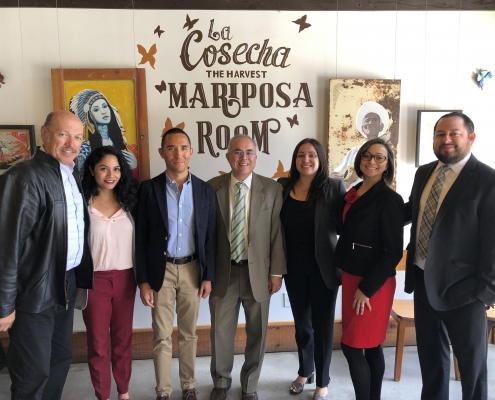
Informing Policy in Real Time: UCLA LPPI in Sacramento
By Celina Avalos and Sonja Diaz On May 20, 2019, the UCLA…

